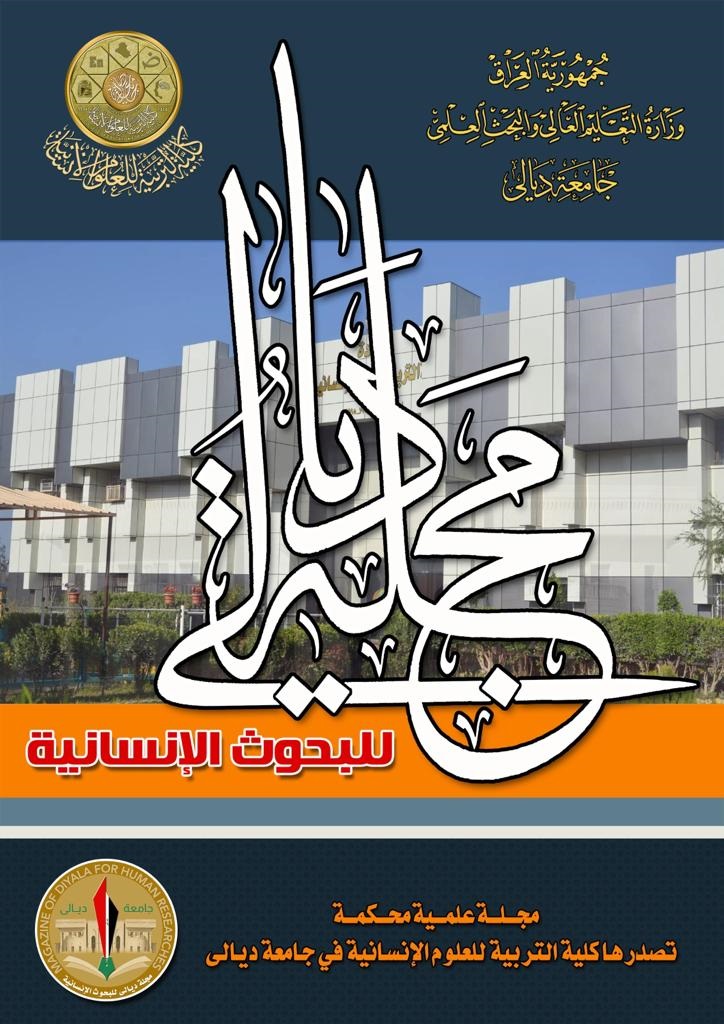A Pragmatic Study of symbolism and Politeness in Pope Francis’ Speeches during the Papal Visit to Iraq
DOI:
https://doi.org/10.57592/djhr.v3i94.2768الملخص
The current pragmatic study attempts to identify the symbolic language and politeness strategies utilized by Pope Francis in his speeches delivered during his visit to Iraq in March 2021. When language is employed implicitly and there is a mismatch between the sign and the symbol, the language is said to be symbolic. Therefore, it is up to the listener to guess the symbolic meaning. The current study aims at: discovering the origin, definitions, and types of symbolism; identifying the politeness strategies that are used, and finding out the functions, the importance of symbolism, and the reasons behind using symbolic language. The two speeches of the Pope are analysed by using Brown and Levinson's (1987) theory of politeness. Four extracts are taken from each speech in order to achieve the aims of this study. The findings of the analysis reveal that symbolism in language refers to the use of one object for the sake of referring to another. Since language is an action that conveys not only lexical or grammatical meaning but also social meaning. Symbolic language serves a variety of purposes. As a result, it is concluded that the Pope's speeches are filled with symbolism. Implicit meanings are utilized to express his beliefs indirectly and to profoundly move his listeners and touch their hearts.
التنزيلات
منشور
إصدار
القسم
الرخصة
الحقوق الفكرية (c) 2022 Asst.Prof. Mazin Jasim Al-Hilu (Phd) ، Ghadeer Abdulhadi Jabur

هذا العمل مرخص بموجب Creative Commons Attribution-NonCommercial 4.0 International License.

